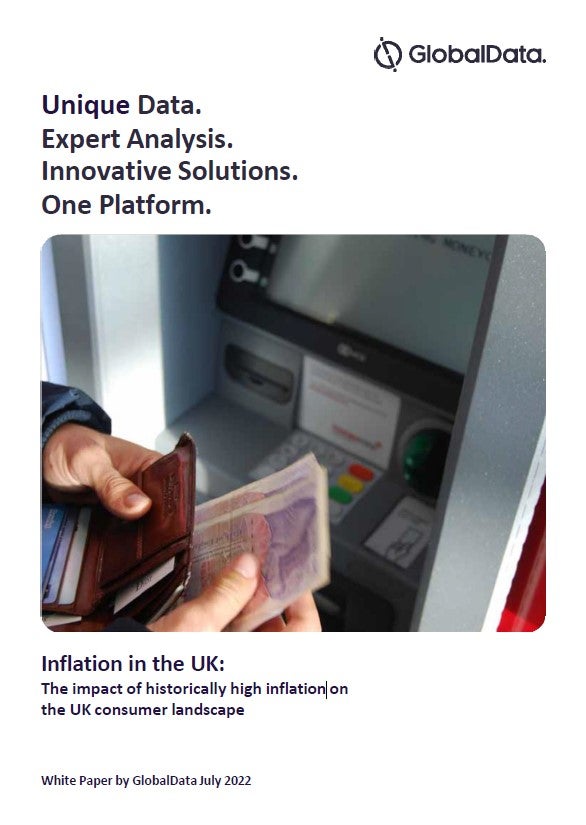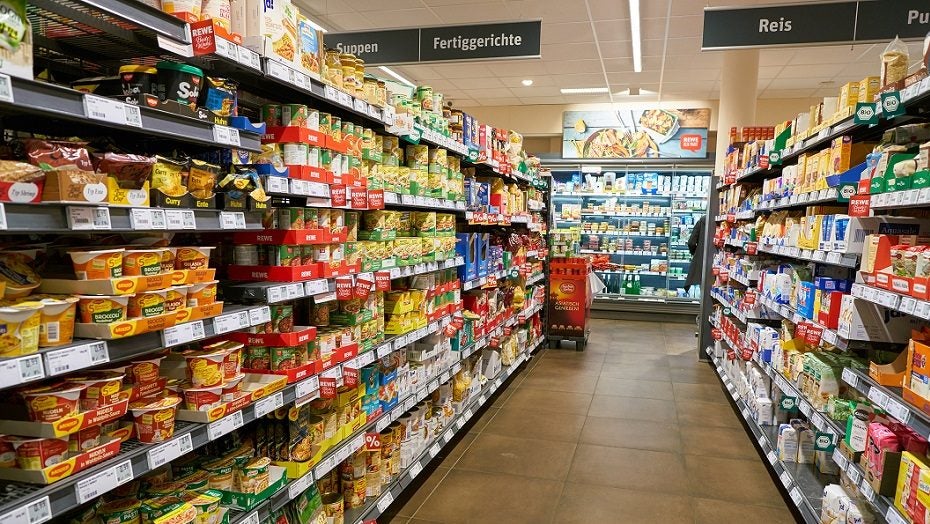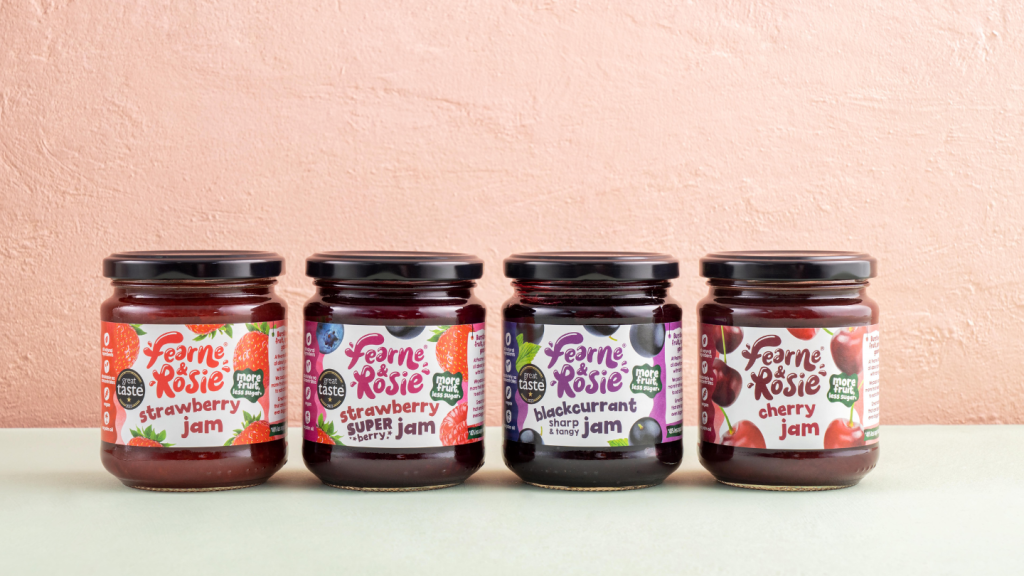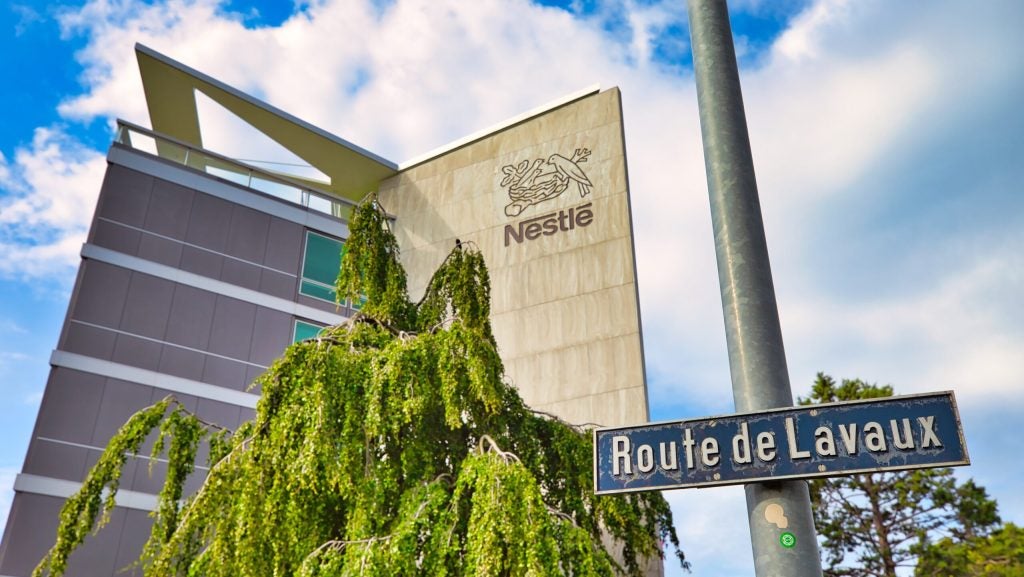
It might be seen as the ‘perfect storm’, the latest in a series of recent and overlapping problems to hit the UK food industry
First there was Covid and Brexit. Now, after suffering an acute shortage of heavy goods vehicle (HGV) drivers in the supply chain, which has left gaps on supermarket shelves, and a general shortfall of available labour to work in processing facilities, the UK food industry is having to deal with a lack of carbon dioxide (CO2), an issue which is threatening to cause severe disruption within weeks.
This latest problem facing food producers and retailers has been caused by CF Industries, which food industry executives say accounts for 60% of the UK’s output of the gas. The US-based fertiliser group has stopped production at its Teesside and Cheshire fertiliser plants in northern England due to soaring wholesale gas prices amid high global demand.
CO2, a by-product of fertiliser manufacturing, is widely used in the food industry. Meat processors use the gas to stun animals prior to slaughter and to create dry ice to help keep food fresh when transported and stored. CO2 is also used by chilled food companies in the vacuum packing process to extend the shelf-life of bagged products including meat and salad.
The current shortage of CO2 has led to calls for Government intervention from food manufacturers, retailers and industry organisations, one of which has warned of “sudden and unpredictable changes to availability”.
How well do you really know your competitors?
Access the most comprehensive Company Profiles on the market, powered by GlobalData. Save hours of research. Gain competitive edge.

Thank you!
Your download email will arrive shortly
Not ready to buy yet? Download a free sample
We are confident about the unique quality of our Company Profiles. However, we want you to make the most beneficial decision for your business, so we offer a free sample that you can download by submitting the below form
By GlobalDataTony Will, chief executive of CF Industries, has flown into the UK, for talks with UK business secretary Kwasi Kwarteng.
The UK minister tweeted yesterday they had “discussed the pressures the business is facing and explored possible ways forward to secure vital supplies, including to our food and energy industries”.
However, a report by The Financial Times today (20 September) said the UK’s Department of Environment, Food and Rural Affairs had told meat industry leaders no agreement has been reached.
CF had said after shutting down the facilities last Wednesday (15 September) it could not say when production would resume. The company has been called “irresponsible” by one senior food industry figure.
It is not the first time the UK food industry has faced issues linked to CO2. Back in 2018, meat and poultry processors, retailers, and drinks firms were all hit by a CO2 shortage caused by a number of European ammonia and ethanol plants, key producers of the gas, being closed for maintenance work at the same time.
This time, the crisis is a domestic one and it has left many in the food industry exasperated, with one key figure expressing his dismay at what he sees as the UK’s “structural vulnerability”.
Meat groups vent over CO2 pressure
Meat processors have been at the forefront of those airing grievances. Ranjit Singh Boparan, the owner of 2 Sisters Food Group, the UK poultry processing giant, said the CO2 issue is a “massive body blow” to food supplies. Boparan said the decision by CF Industries to halt production of fertiliser is “irresponsible and catastrophic for our sector.”
He added: “With no CO2 supply, Christmas will be cancelled.”
In a statement, publicly-listed UK meat processor Cranswick also warned of supply issues, suggesting production could come to a halt.
“The ongoing challenge of labour availability will now be compounded with the news of CO2 shortages which, taken together, will create significant disruption to the entire food supply chain,” it said.
Adam Couch, the company’s chief executive, said: “I call upon the Government to act immediately to avert a major crisis in the food industry. The sector has been asking for support to ease the labour crisis, and now CO2 shortages could effectively bring production to a halt throughout the supply chain.
“The industry is already at tipping point ahead of the demanding Christmas period. We have worked tirelessly throughout the pandemic to keep food on the shelves, but there is a real risk of product shortages across the country if the Government does not act immediately to address these issues.”
Moy Park, the UK meat processor owned by Brazilian meat giant JBS, told Just Food it is carefully monitoring the issue.
“We are taking appropriate measures to mitigate any impact on our operations and working closely with industry and stakeholders,” it said.
Some poultry processors are said to have reverted to using older, slower, electrical stunning equipment in slaughterhouses and to be prioritising dwindling CO2 supplies for slaughter rather than packaging.
Retailers, and organisations that represent them, have also warned of impending doom in the busy pre-Christmas period unless the Government’s talks with CF Industries bear fruit.
Andrew Opie, director of food and sustainability at industry body The British Retail Consortium, said: “The Government must urgently ensure adequate supplies of CO2 for UK food producers.
“Disruption to CO2 supplies could not come at a worse time, with the shortfall of 90,000 HGV drivers already putting severe pressure on food production and distribution. Retailers are working with their suppliers to manage this issue as best they can, but it is vital that Government takes immediate action to prioritise suppliers and avoid significant disruption to food supplies.”
Iceland’s boss Richard Walker told UK broadcaster the BBC: “This is no longer about whether or not Christmas will be OK. It’s about keeping the wheels turning and the lights on so we can actually get to Christmas.
“This could become a problem over the coming days and weeks, so this is this is not an issue that’s months away.”
The BBC also quoted online supermarket Ocado as saying it had “limited stock” of some frozen items.
Richard Harrow, chief executive of The British Frozen Food Federation said reports a shortage of dry ice may have an impact on frozen food supplies were wide of the mark.
He added: “The CO2 shortage is already affecting primary production of many ingredients used by frozen food producers and this may lead to shortages of some frozen food supplies. However, chilled foods producers are much larger consumers of CO2, which is used to extend the shelf life, so chilled food supplies are likely to be hardest hit by the shortage.”
Just Food has approached the Chilled Food Association for its comments.
Other food industry bodies have been quick to react to the potential crisis.
Ian Wright, chief executive of pan-industry lobby group The Food and Drink Federation, said the UK was not going to run out of food, but said there would be “major concerns” over the supply to supermarkets and other food outlets.
In a statement Wright said: “Important parts of the food and drink supply chain – already under significant pressure from the impacts of labour shortages – are now seriously compromised by disruptions in the supply of CO2. Two-thirds of the CO2 volume that normally supplies the food and drink industry is now not available following the suspension of manufacturing by key producers.”
He added: “Sudden and unpredictable changes to availability are very likely. Continuing labour shortages and rising costs of raw materials are also important disrupters. We are working with Government to identify an urgent solution to the immediate supply crisis, as well as how best to safeguard against future incidents.”
Nick Allen, chief executive of the British Meat Processors Association (BMPA), painted a bleak picture of what supply shortages could look like. He told the BBC: “British chicken and British pork will be seriously rare on the shelves. Ever since this news broke we’ve been inundated with concerned calls from the industry and we know the retailers are equally concerned.”
He also pointed to the issue of animal numbers building up on farms – as they can’t be sent to the slaughterhouse – which will quickly cause welfare issues and require an emergency plan to deal with the situation.
Allen, who told one media outlet today that his members are saying they have anything between five, ten and 15 days’ supply left, added: “This crisis highlights the fact that the British food supply chain is at the mercy of a small number of major fertiliser producers – four or five companies – spread across northern Europe. We rely on a by-product from their production process to keep Britain’s food chain moving.”
Government urged to act
The BMPA said once the current stocks of CO2 run out (which it estimates to be in less than 14 days) some companies will have to stop taking animals and close production lines, leading to a “log-jam” of animals back to the farms.
“We already have this situation in the pig industry which is now facing the imminent prospect of a humane cull on farms,” it said.
The BMPA added companies producing beef and lamb could continue producing retail packs of meat, but without CO2 used in the vacuum packing process, up to five days’ shelf life would be lost.
“Both the fertiliser producers and, by extension their CO2 customers in the food and drink industry, are reliant on energy and commodity prices, as well as demand for ammonium nitrate staying high. If one of these gets thrown out of balance factories either slow production or, in this extreme case, completely mothball plants. The result is that CO2 supplies dry up,” the association said.
“While this is not a significant problem for the fertiliser manufacturers, it is of much more strategic importance to the country’s food security and, it’s this structural vulnerability that BMPA is seeking to address with government.
“At the moment, the CO2 market is very opaque. Supplies are moved around between countries and companies to the extent that we do not know exactly how much European CO2 the British food industry relies on or how much is in the system at any one time. Worryingly, we now understand that multiple plants in Europe, where we would have turned to for emergency supplies, are also to be closed.
“In short, the strategic nature of the problem requires a strategic response from Government. Just as the water industry is regulated and monitored closely to avoid public crises, Government should be able to intercede in a more meaningful way to prevent this happening again.”
The BMPA said it is lobbying the Government to help “prop up” CO2 production in the UK in the short term.
Allen said in the longer term “we urgently need the secretary of state for business to convene the big CO2 manufacturers to demand that they coordinate to minimise disruption, and provide information to Britain’s businesses so contingency plans can be made”.
However, such coordination might be difficult to achieve.
One UK meat industry insider told Just Food: “It is difficult to see how this [situation] might be averted in the future as they’re private, foreign-owned companies that are driven by market forces and commodity prices.
“Hopefully some longer-term solutions to maintain food security will come out of this crisis.”
Whether the longer-term solution means a move away from a reliance on CO2 remains to be seen. Shorter supply lines and a focus on local providers of fresh produce could mean less of a need to preserve food in this way, some argue.
Patrick Holden, CEO and founder of The Sustainable Food Trust, said: “The latest gas price increases and food shortages we are witnessing have exposed the double crises of energy and food insecurity, serious threats to our country’s economy and millions of people’s livelihoods.
“Government and business leaders need to go beyond short-term sticking plaster solutions and accelerate moves towards more systemic change.”
He added: “If we are serious about food security then we will need a national food and farming strategy that is harmonised with nature and climate, switching to much greater local food production.”








